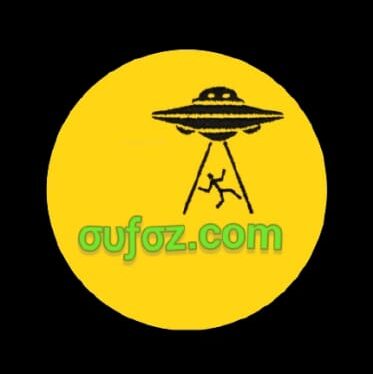Kathmandu, September 9, 2025 — The Government of Nepal has lifted a controversial social media ban, one day after youth-led protests against corruption and restrictions left at least 19 people dead and more than 100 injured.
The ban, which had blocked access to platforms such as Facebook and YouTube for failing to register under new regulatory requirements, ignited a nationwide backlash. Young demonstrators, largely from Generation Z, mobilised in large numbers, demanding not only the restoration of online freedoms but also action against corruption and limited economic opportunities.
Although access to social media was restored by Tuesday morning, protests continued across the capital. Demonstrators defied an indefinite curfew in Kathmandu, gathering outside parliament and along major roads. They tore down barricades, clashed with security forces, and set fire to tyres on the city’s Ring Road.
Communications Minister Prithvi Subba Gurung confirmed the government’s decision to reinstate access to previously restricted platforms. At the same time, authorities expanded emergency measures: gatherings were banned, schools and businesses in Kathmandu shut down, and curfews extended to major cities nationwide.
Prime Minister K.P. Sharma Oli expressed sorrow over the deaths and pledged government support for those affected. He announced relief packages for the families of the deceased, free medical care for the injured, and the creation of an investigative panel tasked with submitting recommendations within 15 days to prevent similar unrest in the future.
The protests, now widely referred to as the “Gen Z demonstrations,” reflect deepening frustration among Nepal’s younger generation. Many see the government as unresponsive to calls for transparency, accountability, and meaningful reforms to address corruption and unemployment.
